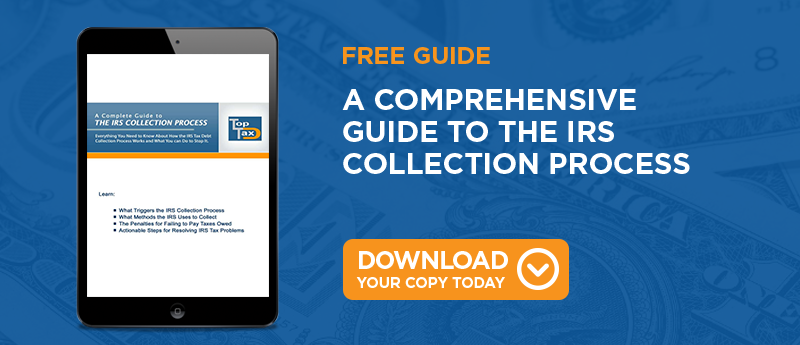
Business owners have to comply with different IRS income tax laws than individual taxpayers. Depending on the type and size of their business, entrepreneurs may have to pay additional taxes or abide by more complicated laws. To make sure that they are in compliance with the U.S. Tax Code, it is important for company owners to learn all they can about the types of business taxes they may have to pay each year. When they learn the basics of tax law, these individuals will be in a better position to make sure that they are following the law.
Taxes for Self-Employed Individuals
Self-employed individuals, in particular, need to familiarize themselves with the appropriate IRS income taxes. This is especially true since the IRS tends to audit self-employed business people at a higher rate than other taxpayers. Self-employment taxes consist of both parts of Social Security and Medicare taxes, which makes the payroll tax rate for these individuals twice as high as that for employed workers.
Who Has to Pay Estimated Taxes?
Estimated taxes are used for taxpayers who have underpaid their tax liability for the year and expect to do so again in the current year. Entrepreneurs who are subject to estimated taxes must remit quarterly tax payments to the IRS. Generally, the agency uses the previous year's income as a measurement to estimate the amount of tax that will be due for the following year. For example, if a business owner's tax liability was $5000 for the previous tax year, then the IRS may require him or her to remit $1250 at the end of each quarter of the following year. Businesses that overpay their estimated taxes are eligible to use the additional funds toward their taxes for the next year or to receive the overpayment as a refund.
Do Businesses Have to File Income Tax Returns?
Businesses must complete and submit their own income tax returns to the IRS. This is in addition to the personal income tax return that the business owner must complete and file each year. The type of tax return completed varies according to the type of business operated.
Taxes for Businesses with Employees
If your business has employees, you'll have to deduct payroll taxes from their wages and match them yourself. These taxes include Social Security, Medicare, and Federal Unemployment taxes. After collecting these taxes, you'll also have to remit the total each quarter along with a Payroll Income Tax Return.
Business owners need to learn about the types of business taxes to which they may be subjected each year. Since the IRS requires that entrepreneurs follow special tax guidelines, these individuals do well to make sure that they understand business tax laws.




